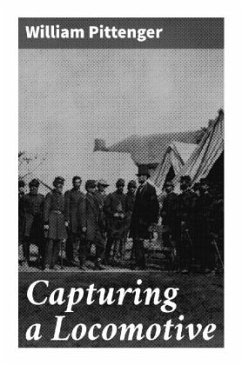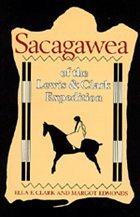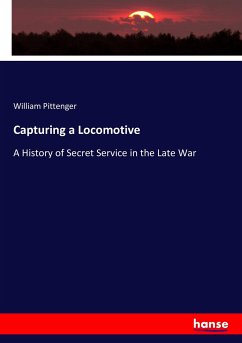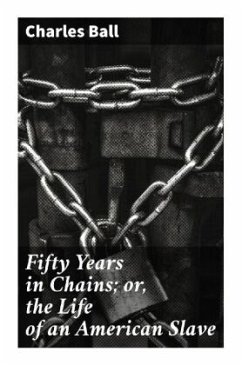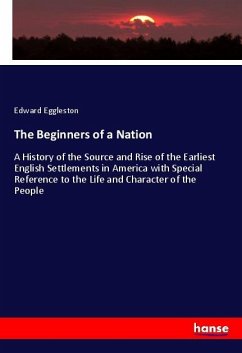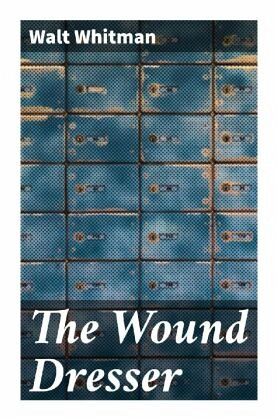
The Wound Dresser
A Series of Letters Written from the Hospitals in Washington during the War of the Rebellion
Herausgegeben: Bucke, Richard Maurice
Versandkostenfrei!
Versandfertig in 6-10 Tagen
7,49 €
inkl. MwSt.
Weitere Ausgaben:

PAYBACK Punkte
4 °P sammeln!
Walt Whitman's "The Wound-Dresser" is a poignant exploration of the traumatic experiences of Civil War soldiers, conveyed through a series of lyrical poems that blend personal narrative with broader social commentary. Written in free verse, the poem captures the raw emotions of both the wounded and the caregiver, emphasizing themes of compassion, suffering, and healing. This work stands out for its vivid imagery and innovative structure, reflecting the quintessentially American spirit of the 19th century as it grapples with the consequences of warfare on the human psyche. Whitman, often herald...
Walt Whitman's "The Wound-Dresser" is a poignant exploration of the traumatic experiences of Civil War soldiers, conveyed through a series of lyrical poems that blend personal narrative with broader social commentary. Written in free verse, the poem captures the raw emotions of both the wounded and the caregiver, emphasizing themes of compassion, suffering, and healing. This work stands out for its vivid imagery and innovative structure, reflecting the quintessentially American spirit of the 19th century as it grapples with the consequences of warfare on the human psyche. Whitman, often heralded as the father of free verse, was deeply influenced by his own experiences as a volunteer nurse during the Civil War. His intimate encounters with suffering and courage informed not only this collection but his entire body of work. Whitman believed in the transcendental connection between individuals, a belief that permeates "The Wound-Dresser" and illustrates his advocacy for empathy and communal healing amidst the societal rupture of war. This essential read is highly recommended for those interested in American literature, war poetry, and the complexities of human emotions in times of crisis. "The Wound-Dresser" not only highlights Whitman's profound insight but also invites readers to reflect on the enduring impact of violence and the essential nature of compassion.





